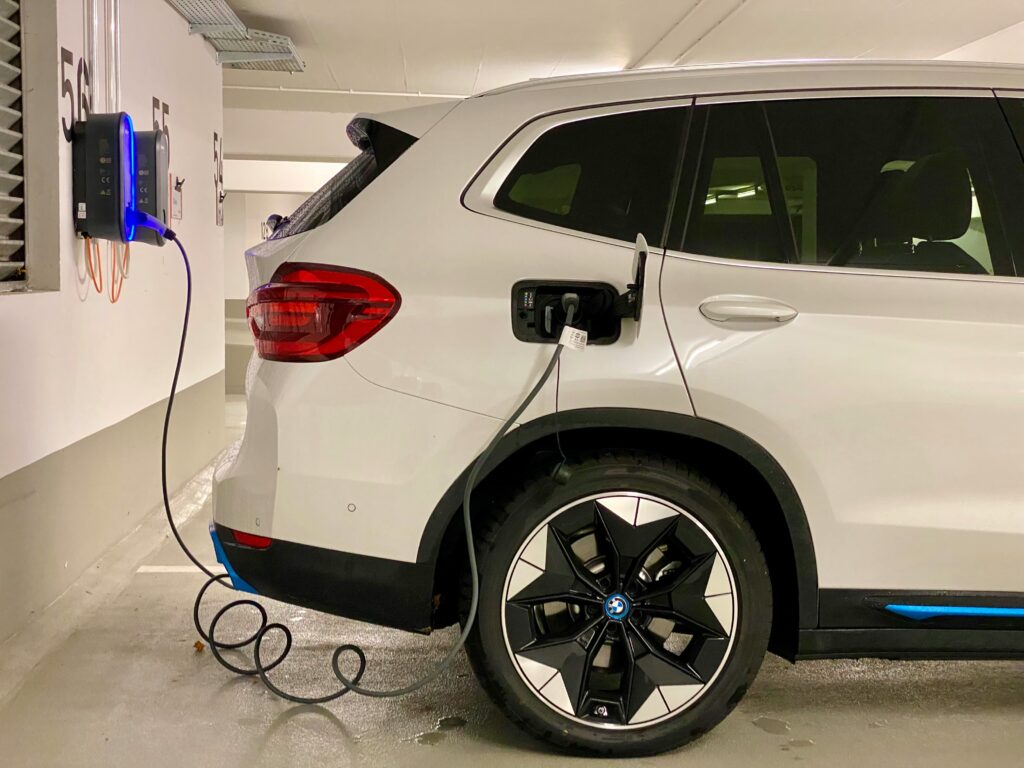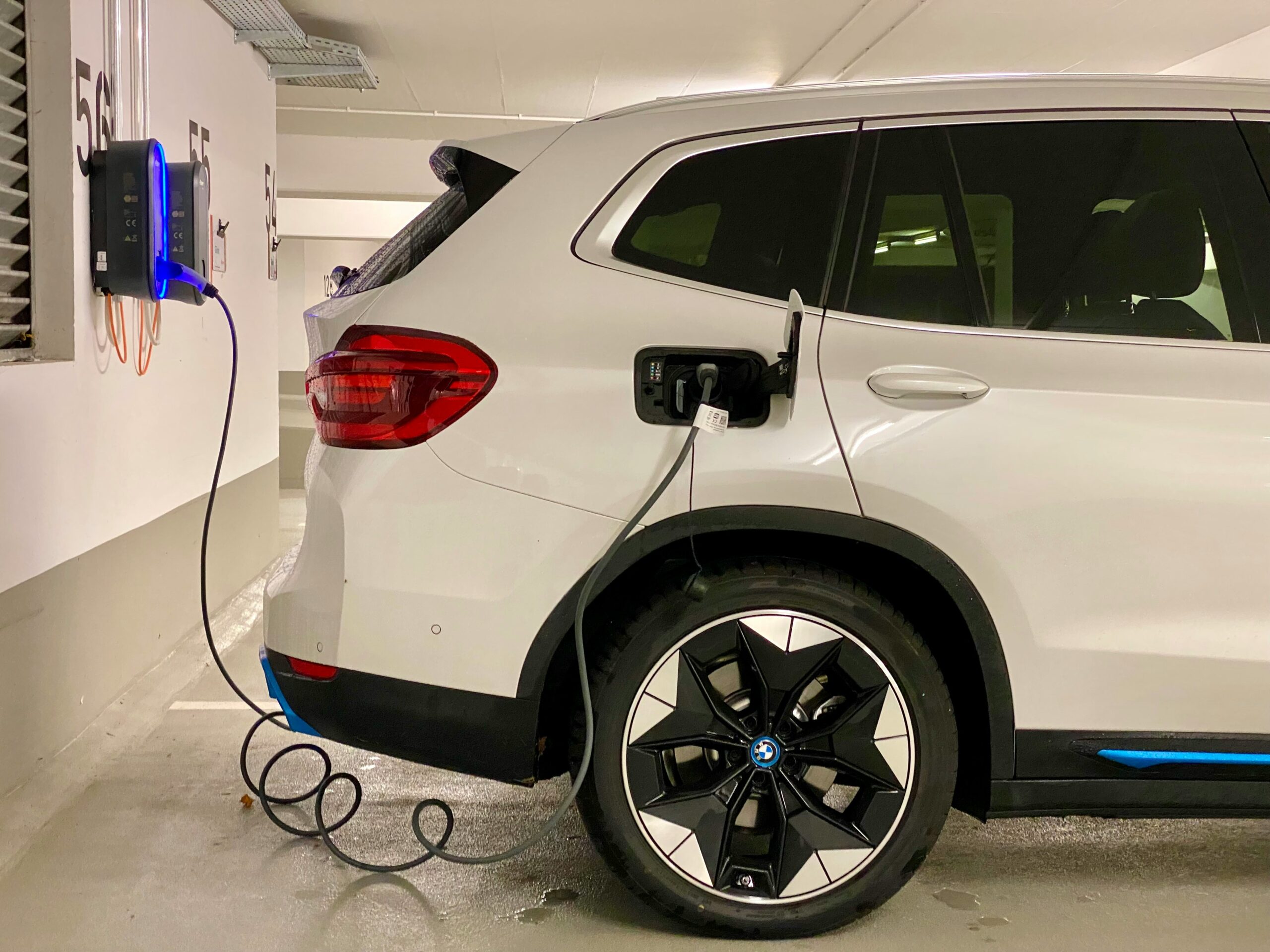How Electric Vehicles Are Shaping the Future of Auto Manufacturing

Electric vehicles (EVs) aren’t just the future of driving; they’re revolutionizing the entire auto manufacturing industry. With EVs becoming more popular every day, carmakers are rethinking how they design, build, and sell vehicles. But what does this mean for people like you who are starting out in their careers? Well, the rise of EVs is creating game-changing opportunities for those who want to shape the future of transportation.
Here’s a breakdown of how EVs are shaking things up and what it could mean for your career.
Why EVs Are Taking Over the Road
First, let’s talk about why EVs are such a big deal. Unlike traditional gas-powered cars, EVs run on electricity stored in a battery. They’re better for the environment because they don’t spew out harmful emissions from a tailpipe. They’re also quieter, cheaper to fuel (since electricity costs less than gas), and increasingly affordable as battery technology improves.
Governments and businesses worldwide are pushing to reduce pollution, and many have set deadlines to ban the sale of gas-powered cars. With people hopping on the sustainability bandwagon, the demand for EVs is skyrocketing.
The EV Effect on Auto Manufacturing
1. New Skills, New Jobs
Switching from gas engines to electric motors changes everything in how cars are built. Traditional car manufacturing focuses heavily on internal combustion engines (basically the heart of a gas car), but an EV doesn’t need one. Instead, it relies on advanced batteries and electric drivetrains.
This shift means automakers are hiring people with expertise in:
- Battery technology
- Software development
- Electric motor design
- Renewable energy
Even if you’re not an engineer, there’s plenty of opportunity in areas like product design, marketing EVs, and selling related tech like charging stations.
2. Cooler Factories Powered by Advanced Tech
Guess what? Robots and automation are playing an even bigger role in building EVs. Factories are evolving to include cutting-edge tech like AI, 3D printing, and robots that can assemble parts with jaw-dropping precision.
For example, Tesla’s Gigafactories are state-of-the-art facilities that produce EV batteries and cars faster and more efficiently than traditional auto plants. The high-tech nature of these factories means companies need workers skilled in robotics, machine learning, and systems management.
3. The Rise of Sustainability
EV manufacturing is about more than just building clean cars. Automakers are also rethinking every step of the process to go green. That means using sustainable materials like recycled metals and biodegradable fabrics in their cars. It also means building eco-friendly factories that use renewable energy sources like solar and wind power.
Careers in sustainability are growing fast, and EV manufacturing provides a unique way to get involved. You could work on finding innovative ways to make production greener or help reduce waste in the supply chain.
4. Charging Infrastructure is Booming
One of the biggest challenges for EVs is managing how and where they’ll charge. EVs don’t use gas stations, but they do need charging stations, and right now, we’re nowhere near having enough of them. This gap has created an entirely new industry focused on EV infrastructure.
From designing chargers that work faster to figuring out how to install them along highways, there’s a lot of room for innovation and job growth. Plus, EV chargers are tied to app-based software, so roles in app development and tech support are also in high demand.
What This Means for Young Professionals
The EV wave isn’t just a trend; it’s a movement that’s reshaping the automotive industry for good. If you want a career that’s future-proof, getting involved in EV manufacturing could be your ticket. Here are a few ways to position yourself for success:
- Learn the Skills: Take courses in fields like clean energy, robotics, or software engineering. Cybersecurity and AI knowledge can also be huge assets since EVs are as much about tech as they are about transportation.
- Stay Curious: Follow the latest developments in EV technology and manufacturing. Knowing what’s coming next can give you a competitive edge.
- Think Beyond Cars: EVs touch so many industries, from renewable energy to smart city planning. Broaden your perspective and consider how your skills could apply to a different piece of the puzzle.
The Road Ahead
The future of cars is electric, and that means there’s plenty of opportunity for those willing to adapt and learn. Whether you’re into engineering, marketing, or sustainability, the rise of EVs offers an exciting path forward. The best part? You’ll be contributing to a cleaner, more innovative world.
If you’re ready to make a difference and build a meaningful career, now’s the time to jump on board. The EV revolution isn’t slowing down anytime soon!

